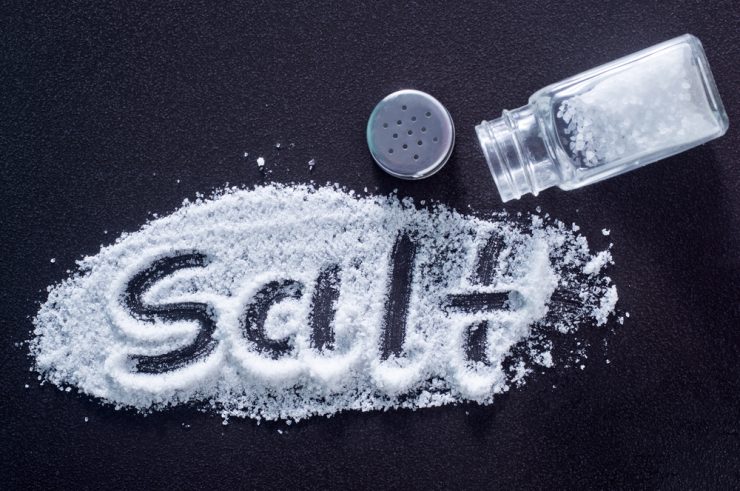“I see that Salt Awareness Week starts on 9th March, which has made me think about my health. Unfortunately, both my parents died young of heart problems. Now that I am 30 I am very aware of risk factors as well as a possible pre-disposition to cardiovascular disease. I think my diet is not too bad but would welcome any advice you can give me”
Clinical nutritionist, Suzie Sawyer, answers.
You are very sensible to be taking your health seriously at this stage in your life. While cardiovascular disease can run in families, the good news is there’s plenty you can do to prevent it, including reducing your salt intake.
Why do we need salt?
Salt does get a bad press because too much in the diet can lead to high blood pressure, but only in people who are salt sensitive. Sodium (salt) is a major component of all body fluids and, together with potassium, is key to maintaining equilibrium of electrolytes in the blood. As with everything in the body, it likes to be in balance. Having too much salt in the diet will put more pressure on the kidneys, causing dehydration and making you feel tired and sluggish.
Healthy foods can contain sodium
Many foods which are very healthy and provide wonderful health benefits naturally contain sodium. For example, the super food beetroot contains sodium, though beetroot juice has been found to reduce blood pressure. Celery is also great for balancing blood pressure partly because it’s a diuretic, as are spinach and chard.
Foods to avoid
Issues arise when we eat too many processed meats such as salamis, ham, bacon, sausages and pre-packed meals. Sodium nitrates are used to preserve these meats, which can cause allergies as well as raise blood pressure in susceptible people. Pre-packed foods are high in salt, as are cereals, in order to make these products taste better. Indeed, the main ingredient in monosodium glutamate, a popular additive in many commercial prepared foods, is salt.
General tips on how to manage salt intake
Public Health England advises eating no more that 6 grams of sodium daily. I would also advise you aim for 5 to 10 portions of fruits and vegetables daily which are high in antioxidants and help support the heart. Reduce your intake of processed meats, cakes, biscuits and pre-cooked foods. And finally try to eat foods as near to their natural state as possible and avoid adding extra salt to dishes.
For more information visit the Salt Awareness Week website.
























Add comment